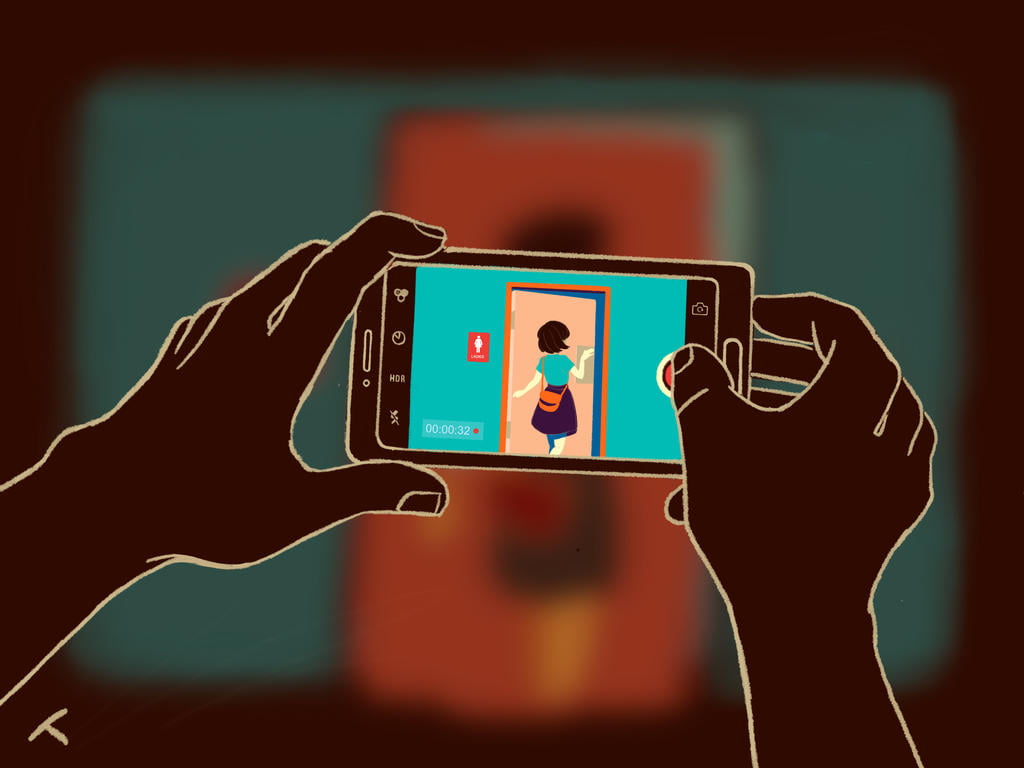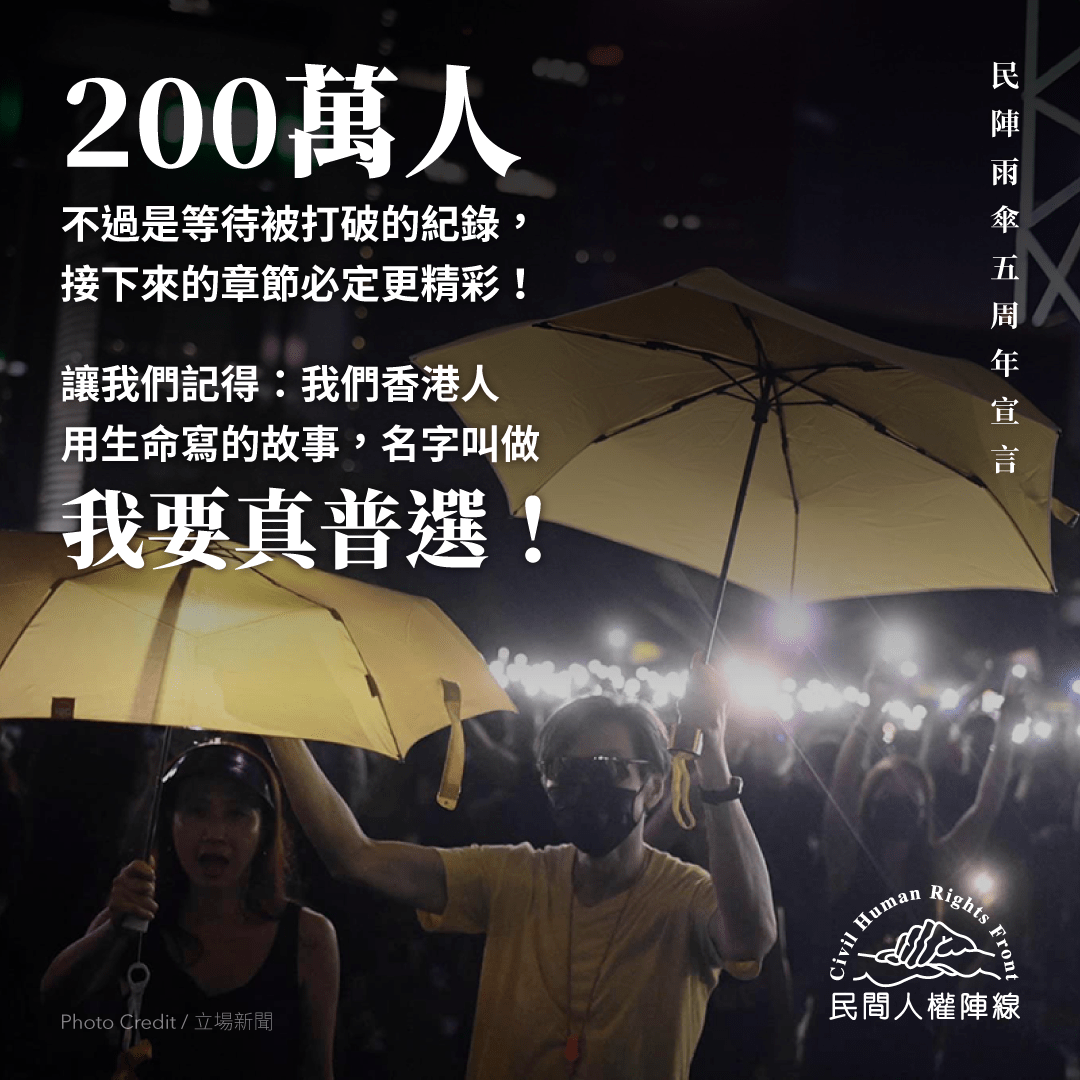Statement of the Hong Kong Bar Association:
The Law of the People’s Republic of China (“PRC”) on Safeguarding National Security in the Hong Kong Special Administrative Region (“HKSAR”)
1. The Law of the PRC on Safeguarding National Security in the HKSAR (“NSL”) was endorsed and adopted in the Mainland on 30 June 2020 and then promulgated by the Chief Executive so as to come into force in the HKSAR at 11 pm on the same day. The Hong Kong Bar Association is gravely concerned with both the contents of the NSL and the manner of its introduction.
2. Nobody in the HKSAR had seen so much as a draft or accurate summary of the NSL before its entry into force. In addition to the total absence of meaningful consultation, lawyers, judges, police and Hong Kong residents were given no opportunity to familiarise themselves with the contents of the new law, including the serious criminal offences it creates, before it came into force.
3. The NSL has so far only been published in Chinese language, rendering its contents inaccessible to many interested stakeholders. The omission of a contemporaneous authentic English version of the law is unusual given that a bilingual legal system operates in Hong Kong.
4. The NSL is a national law adopted under the Constitution of the People’s Republic of China (“PRC”) and the Basic Law. As stated in the instrument of promulgation signed by the Chief Executive, the NSL has been applied in Hong Kong under Article 18 of the Basic Law. The choice of this procedure, rather than any amendment to the Basic Law under Article 159, indicates that the Basic Law continues to operate with full force and effect. Yet the NSL contains numerous provisions that appear to be inconsistent with the provisions of the Basic Law.
5. Article 62 of the NSL states that the NSL shall prevail in the event of any inconsistency with the “local laws of the HKSAR”. This would appear to embrace all Hong Kong Ordinances, including the Hong Kong Bill of Rights Ordinance (Cap. 383), the function of which is to implement the International Covenant on Civil and Political Rights. The Basic Law itself, however, is a national law adopted by the National People’s Congress (“NPC”) under the PRC Constitution. It should be assumed that the NSL will be applied in a manner that is fully consistent with the Basic Law. How this is to be achieved, given the apparent inconsistencies between the NSL and the constitutional guarantees laid down in the Basic Law, is a matter that needs urgently to be addressed by the HKSAR Government.
6. It is incumbent upon the Chief Executive, who says that she was also in the dark about details of the law until yesterday, to clearly, fully and quickly explain to the general public how she sees the NSL working and what areas of life it may encroach upon.
7. A thorough study of the new law is needed to see how it may work and what effect it will have on existing laws and the justice system. However, the following issues and Articles of the NSL are of particular concern and it is right to address them now, albeit provisionally.
8. Where the central authorities decide to exercise jurisdiction in a given case, suspects can be removed to face trial in Mainland China. This is not extradition (where a person is removed to face trial for an offence in the receiving jurisdiction), and the usual judicial controls over extraditions appear not to apply. Mainland criminal procedures will be applied in such cases, in accordance with Articles 55-57, and this raises concern as to whether the rights of the accused to fair trial will be adequately protected or respected.
9. The power of interpretation is vested in the Standing Committee of the NPC. This has the potential to undercut the independent exercise of judicial power by the Courts of the Region (Articles 80 and 85 of the Basic Law).
10. The independence of the judiciary is undermined. The Chief Executive designates a list of approved judges for national security cases (Article 44). Appointment is on a yearly basis. Judges chosen by the executive can be removed from the list if their words or deeds endanger national security (Article 44).
11. Some people are held out to be above the reach of local law. The personnel of the Mainland National Security Agency (“NSA”) are meant to perform duties in accordance with law and not infringe the rights and interests of people and other organizations (Article 50), but the conduct of NSA and its personnel in the execution of their duties in accordance with law is not subject to local jurisdiction (Article 60).
12. The Special National Security Police Unit (“Special NS Unit”) is meant to apply the current law in carrying out its duties (Article 43), but then it enjoys a range of powers that go beyond those available under the existing laws (Article 43). Judicial control over covert surveillance is removed.
13. There is a reversal of presumption of bail (Article 42). The provision of mandatory minimum sentences strips away judicial discretion in sentencing. The right to trial by jury can be taken away by the Secretary for Justice on certain grounds without any residual discretion in this regard being left with the Courts of the HKSAR (Article 46).
14. The newly established National Security Council is said to be exempt from judicial review (Article 14).
15. Four groups of criminal offences are created. These are widely drawn and absent a clear and comprehensive array of publicly accessible guidelines and basic safeguards as to legal certainty and fair treatment, are capable of being applied in a manner that is arbitrary, and that disproportionately interferes with fundamental rights, including the freedom of conscience, expression and assembly:
(1) Secession (Article 20) can be committed with or without violence. This gives rise to concern whether this might operate to prohibit mere speech or any peaceful advocacy.
(2) Subversion (Article 22) requires the threat or use of force or “other unlawful means” (such as an unlawful assembly) to do one of the defined acts, which include serious interference with or obstruction of the authority of the HKSAR (Article 22(3)), and attacking government facilities rendering them unable to perform their functions normally (Article 22(4)). This gives rise to concern whether media criticisms or picketing might be caught under these provisions.
(3) Terrorist acts (Article 24) are vaguely defined. Supporting terrorists or terrorist activities (Article 26) is widely drawn and covers any person providing materials, labour services, transport, venue support, assistance and convenience to terrorist organisations or terrorist acts. It is uncertain whether the prosecution must prove that the accused knew that the person receiving such services is a terrorist.
(4) Colluding with foreign forces (Article 29) is vaguely defined. It covers directly or indirectly accepting a subsidy or support from a foreign organization with a view to carrying out hostile actions against the HKSAR (Article 29(4)). This gives rise to concern whether certain existing activities of academics, NGOs and media organizations which were lawful or not unlawful in the past might now be outlawed by these provisions.
16. Taken together, these and other provisions of the NSL operate to erode the high degree of autonomy guaranteed to the HKSAR under the Basic Law and the Sino-British Joint Declaration, and to undermine core pillars of the One Country Two Systems model including independent judicial power, the enjoyment of fundamental rights and liberties, and the vesting of legislative and executive power in local institutions. The Hong Kong Bar Association calls on the Chief Executive to reaffirm these foundational values of the HKSAR, and to commit her Government to applying the NSL in a manner that is fully consistent with the Basic Law and Hong Kong Bill of Rights.
Dated 1 July 2020
Hong Kong Bar Association


